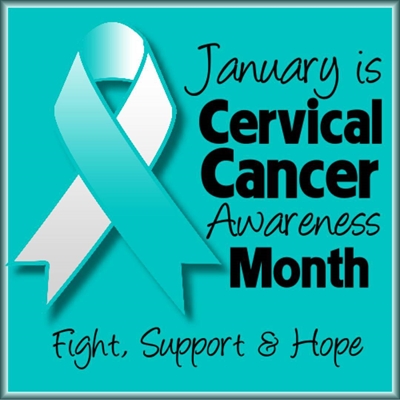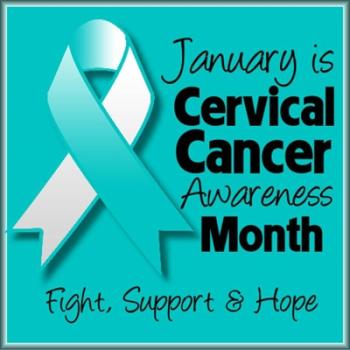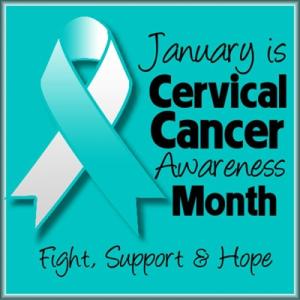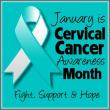Good news: Cervical cancer is easy to prevent
January is Cervical Cancer Awareness Month and it's a great time for us to remind girls and women how easy it is to avoid this disease. There are still too many deaths from cervical cancer. There are 12,000 new diagnoses of cervical cancer each year, and 4,200 deaths from cervical cancer each year. And this for a disease that is entirely preventable with vaccination, screenings, and early detection.
Susan Lord, the family nurse practitioner at the Boothbay Region Health Center who specializes in women's health, points out that it's no longer the case that women need to have Pap Smears each year. And, she adds, "Cervical Cancer is entirely preventable if you get vaccinated and follow the testing guidelines." If you're between the ages of 21 to 30, get a Pap Smear every three years. Once you're over 30 and under 65, you can either get a Pap Smear every three years or get both a Pap Smear and an HPV test every five years, as long as you remain HPV-negative.
HPV is the culprit
Human Papillomavirus (HPV) is known to be the cause of cervical cancer, and any woman who has been sexually active is at risk of contracting HPV, and of passing it on to her partner. HPV is extremely common in men and women. There are 79 million Americans who are currently infected and most don't know it. Eight percent of people will have HPV at some point in their lives. Most people get HPV when they start having sex, but aren't aware of it. Most HPV goes away within two years, especially in young women. However some HPV infections linger and can cause cancer. We can't know which ones without testing. HPV is less likely to clear itself in women over 30. Cervical cancer takes approximately 10 to 20 years to develop. HPV causes genital warts, and cervical, genital, anal, and head and neck cancers in women and penile, anal, and head and neck cancers in men.
If you test positive for HPV, you may be pre-cancerous, and you can prevent cancer. HPV testing is covered by most insurance.
Men are at risk. Dr. Allan "Chip" Teel from the Boothbay Region Health Center points out that, for men, the most common form of cancer caused by sexual exposure to a woman with HPV is head and neck cancer.
HPV vaccinations. It is recommended that boys and girls get vaccinated for HPV at the ages of 11/12. That's when the HPV vaccine is most effective. However HPV vaccines are now FDA-approved for anyone, male or female up to age 45.
Get your check up today! Make an appointment for your Pap Smear and HPV testing with Susan Lord any Saturday at the Boothbay Region Health Center. The lives you save will be your own and that of your partner(s).
Event Date
Address
United States


























